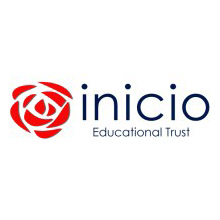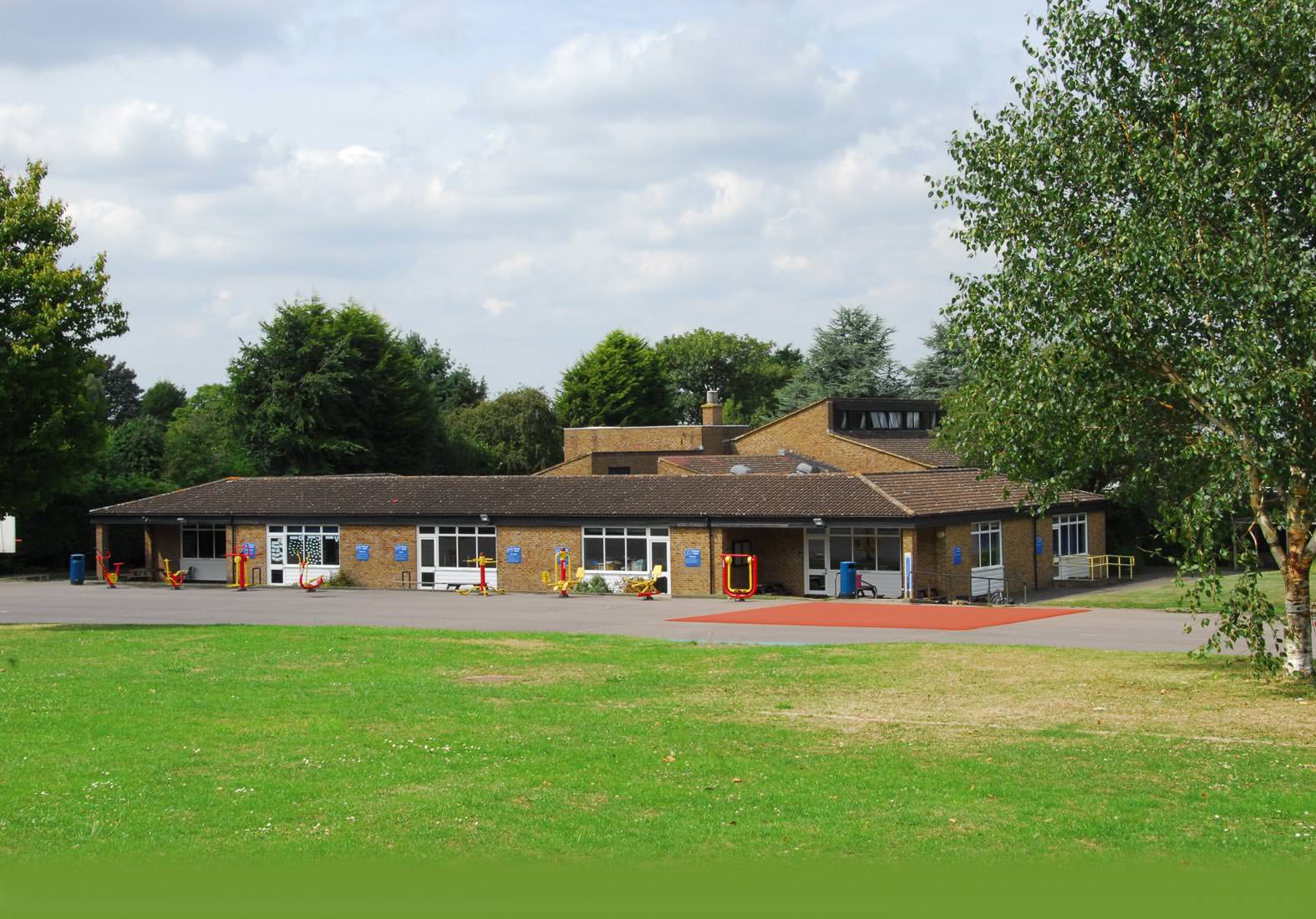Intent
Why do we teach what we teach?
In EYFS at Biggin Hill Primary School we aim to provide an environment that is safe, fun, happy and inspiring for our children and one that supports them to achieve their full potential as individuals. At BHPS we recognise that each child is unique and we embrace this. We encourage through ‘The Biggin Hill Way’ (our school values of positivity, respect, inclusivity, discovery and endeavour) to help build a strong foundation for their future learning. Building parent/teacher relationships is very important to us as we know that this hugely benefits the child in the early stages of their education.
We believe that high level engagement ensures high level attainment. We therefore provide an engaging curriculum that maximises opportunities for meaningful cross-curricular links and learning experiences. Learning is carefully planned by the teachers to support the EYFS prime areas - Communication and Language; Personal, Social and Emotional Development; and Physical Development as well as the specific areas - Literacy, Mathematics, Understanding of the World and Expressive Arts and Design, through the use of the Characteristics of Effective Teaching and Learning (CoETL).
Prime Areas
- Communication and language
- Physical development
- Personal, social and emotional development
Specific Areas
- Literacy
- Mathematics
- Understanding of the world
- Expressive art and design
Due to COVID19 the children lost a lot of time in nursery/preschool as a result of this we are focusing on ensuring that the children are able to catch up for lost time. There is a bigger emphasis on communication & language skills, early reading & phonics, number retention & recall and social communication & relationships.
Our overall aim is to fully prepare our children with the skills, curiosity and knowledge needed for the next stage of their learning journey in KS1. We know that what and how our children learn in these first years of education shape them as learners for the rest of their school life and beyond, therefore nurturing and enhancing children’s early education is the best investment we can make in ensuring their future happiness and success.
Implementation
How do we teach what we teach?
Our curriculum: We follow the statutory framework for the EYFS 2021. Our curriculum is broad and balanced and builds upon the children’s prior knowledge. Each half term our topic is changed to provide inspiration for learning. Children experience the seven areas of learning through a balance of whole class/group teaching and indoor/outdoor play based learning. This is through topics, continuous provision activities and phonics.
Through a blended approach of continuous provision and adult led activities, children are able to gain both independence and confidence within their learning. We ensure that resources are added to/changed regularly and that the children have a good understanding of how to use the resources appropriately and independently. The EYFS lead oversees the teaching and learning to monitor standards and ensure that the quality of teaching and learning is at least good or better.
The children are free to move between the indoor and outdoor learning environments as they wish and are encouraged to participate in meaningful learning experiences expanding on their previous knowledge.
Working with parents: We strive to have good working relationships with our parents. We engage with them via Google Classroom which includes messages and photos as well as providing observations about their child’s learning via Tapestry. We encourage parents to attend workshops, assemblies and parent conferences to learn, discuss and see their child’s learning and development over the year.
Outside Learning Area: Develop an effective and engaging environment that is set up so that pupils can access all areas of learning both inside and outside at any one time. We are developing the use of the outside area this academic year to ensure that learning opportunities outside are maximised.
Covid recovery
Baseline: Completing the baseline within the first 6 weeks of the children starting reception allows us to track progress throughout the year. By using the baseline - children who are not at age related expectations can be targeted through specific additional support to help ‘close the gap’.
Speech & Language: We have seen a large increase in the number of children with Sp&L difficulties. Six members of staff have been trained to deliver ‘Talk Boost’ to children who require extra support to overcome this. This involves the children receiving three 30 minute sessions per week in a small group setting for 10 weeks. In addition to this, the teacher runs a weekly whole class activity and there are activities to be practised at home. Good modelling of speaking and listening is seen throughout the EYFS as well as daily story times to allow the children opportunities to expand their spoken and written vocabulary. The use of high quality interactions with adults that demonstrate and impact on the progress of all pupils.
Number Retention & Recall: In reception children will be completing daily 15 minute declarative maths sessions. This involves quick fire questions and games for the children to complete to ensure the learning of subtising, number bonds and recall of doubles. By investing in more resources for our maths areas we aim to create a fun and engaging maths area for all the access.
Early Reading & Phonics: We have daily phonics lessons following the Read, Write, Inc scheme of work. All staff are being trained to teach this to a high standard and are being provided with all the resources necessary. Oral segmenting and blending is modelled by staff to the children throughout the day in different learning opportunities such early morning work, freeflow, adult focus tasks.
Children read twice a week with a member of staff (teacher/LSA) which is then followed by a comment in their reading record and shared with parents. EYFS has a parent volunteer who reads with the selected children as well as the children who need more 1:2:1 support and encouragement. We provide books without words to promote talking with parents and using their imaginations to begin with and once the children have started their phonics lessons they then move onto books with simple CVC words.
Social Communication & Relationships: Many children have not had access to playgrounds, outdoor space, social groups and children's centres prior to coming to school/nursery - this has had a significant impact on children’s social development. In EYFS we have weekly circle times where children voice their opinions, take turns and listen to others. Good communication skills are modelled by all the adults. Trips in the local area i.e. Waitrose, the fire station, the library, helps promote good speaking and listening skills. We aim to do at least one local trip per half term.
We endeavour that the children access and make good progress across the EYFS curriculum and reach Early Learning Goals by the end of the year. The children will develop knowledge and skills equally in all seven areas. This will be evidenced in children’s writing books, learning journey folders and class floorbooks. Having links with the local community and accessing important experiences allows the children to access, take pride and create positive relationships with adults in the community.
Through the use of our carefully planned curriculum, children are happy and develop a positive attitude towards learning. The Characteristics of Effective Teaching and Learning are developed and encouraged in a range of situations, readying the children for KS1.
At BHPS we want our children to have the best start to their education. Our aim is that by the end of EYFS the children are starting to become successful, independent and resilient learners ready for KS1 and the National Curriculum.


